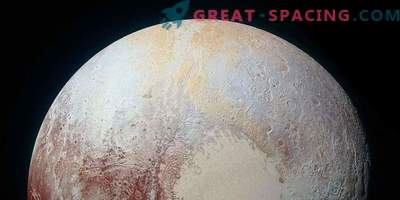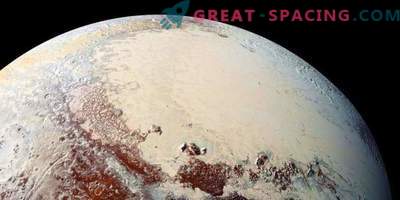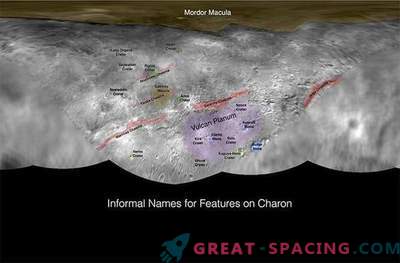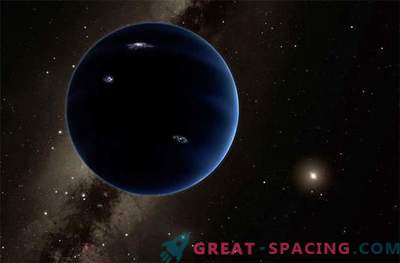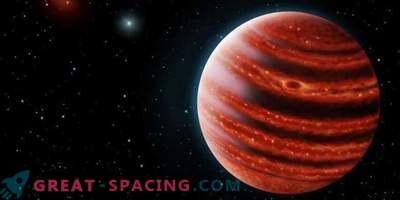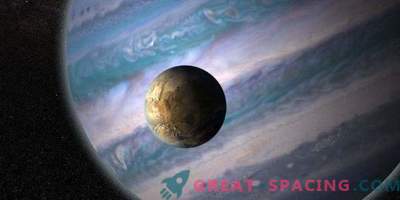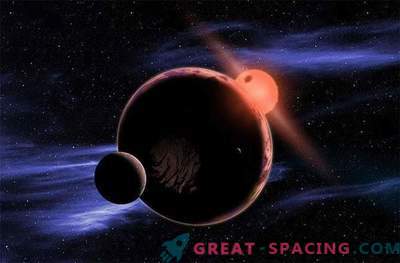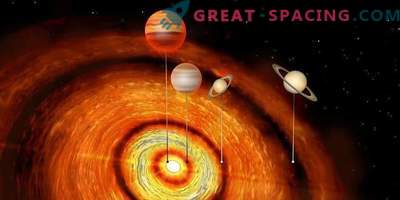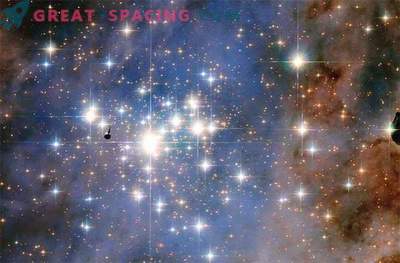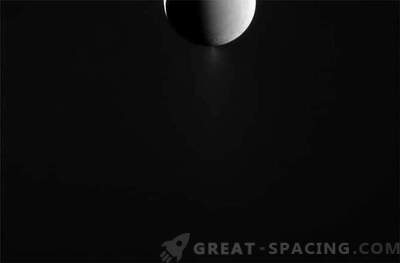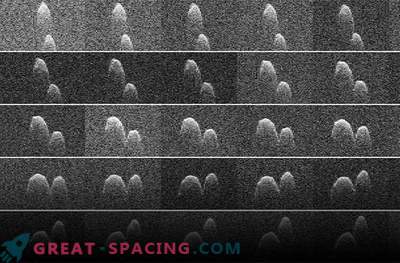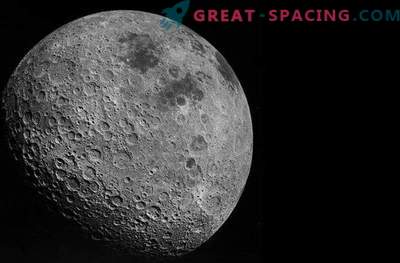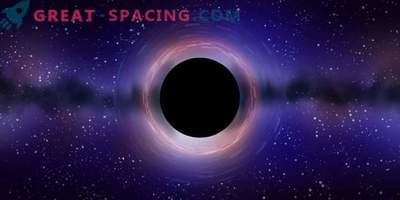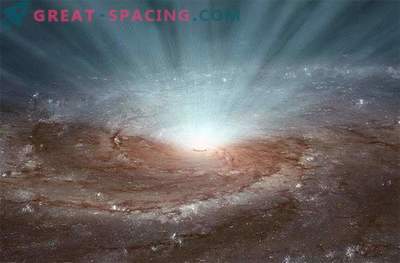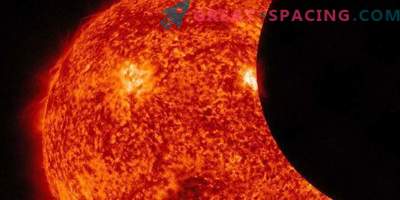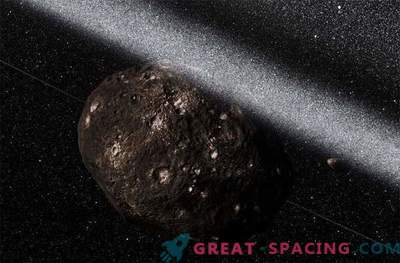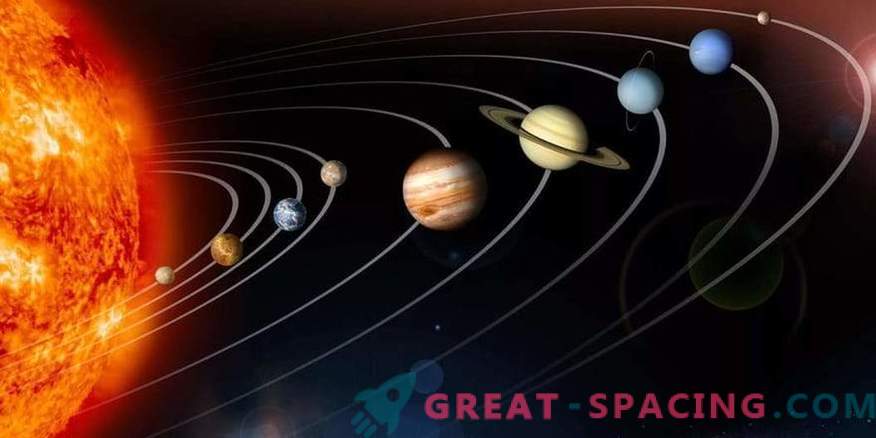
In 2006, Pluto was lowered to the status of dwarf planets. This event was almost a tragedy for scientists, educators and children around the world who loved the smallest planet of the solar system. However, it can still change, and Pluto will return the former rank. You just have to learn the names of another 110 new planets.
Dwarf planets, because of their name, seem less important than full-fledged planets. A group of researchers decided to correct this situation and introduce a new definition. The planet is the body of a star mass, which has never undergone nuclear fusion, it has enough of its own gravity to create a spherical shape, and the orbit is cleared of foreign objects that have a gravitational effect.
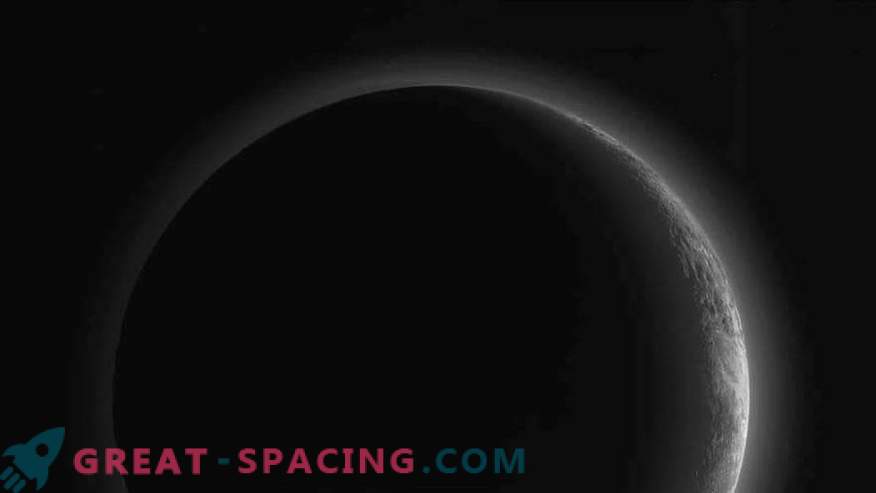
NASA’s New Horizons mission flew past Pluto and photographed a dwarf planet.
To put it more primitively, the planets are circular objects in outer space that are smaller than stars. Planets do not count stars, black holes, white dwarfs, neutron stars and other objects of stellar evolution. However, this definition returns the status of the planet to Pluto, and with it you can add satellites like the Moon and Charon, and dwarf planets like Ceres. The new definition of the planet must comply with modern precedents. In various scientific publications near the satellite or dwarf planet sometimes the prefix "planet" is found. In addition, many believe that the definition put forward by the International Astronomical Union in 2006 is incorrect.
A modern definition says that only worlds revolving around the Sun are considered planets, and not those that belong to other stars. Then how to deal with rogue planets and exoplanets? In addition, the definition requires an orbit to be cleared, to which no planet in the solar system corresponds.
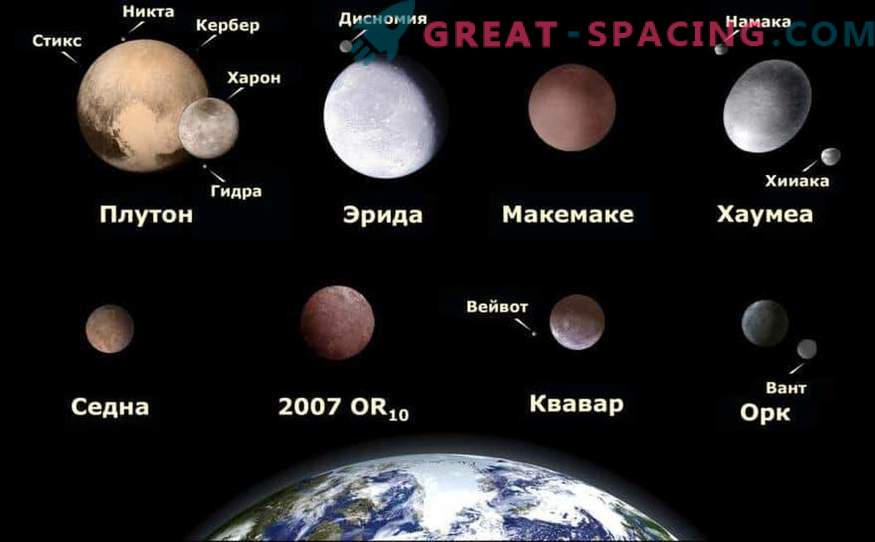
Candidates for the title of planets of the solar system
At the time of voting, Alan Stern called the definition of the planet from the IAU a real disaster for science. He still disputes this decision and demands that the planet’s status be returned to Pluto. In addition, Stern was one of the leading authors of the new proposal to change the definition.
Other researchers also note illogicality in the definition of the MAS and require expansion so as not to exclude potential planets from the list. However, the new formulation runs the risk of completely changing our understanding of the solar system. More specifically, with new criteria, the number of planets will grow from 8 to 110 known planets. And this number will grow, because more and more objects are found in the Kuiper belt. Let's not forget about the mysterious Planet Nine.
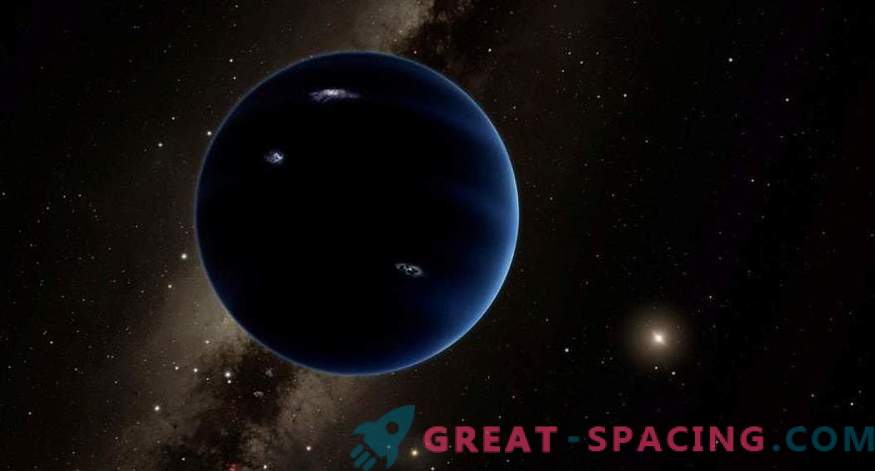
Planet Nine through the eyes of an artist
Of course, textbooks will also have to be rewritten, and students will be forced to expand their knowledge and learn new planet names. It will be necessary to revise the zones of the solar system. We know that rocky planets are closest, followed by gaseous and ice giants, after which ice planets will be added. If everything changes, then in 2020, scientists will send a mission not to the satellite, but to the planet Europe, revolving around Jupiter.
Yes, remember the names of all 110 planets will be difficult, but scientists do not see the problem. They offer to teach only the most important objects. After all, there are 88 constellations, but many know only 12 of them. Pluto suffered as a dwarf planet for 13 years, but can now return to its original status.

